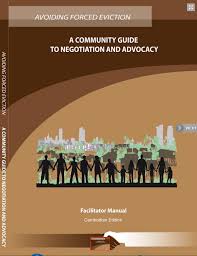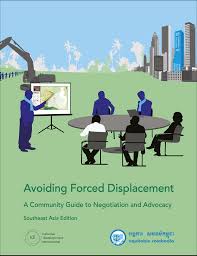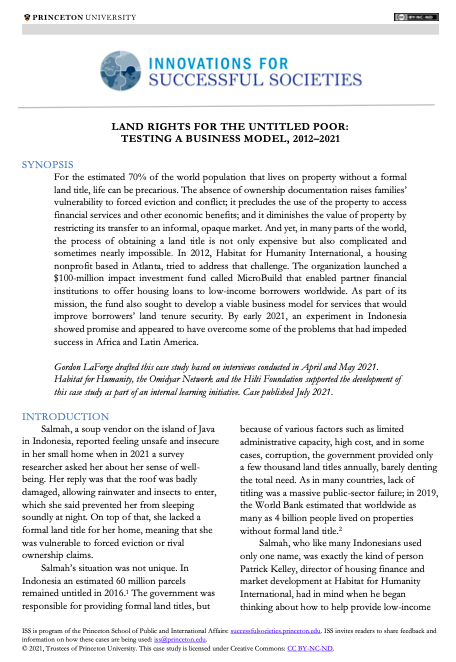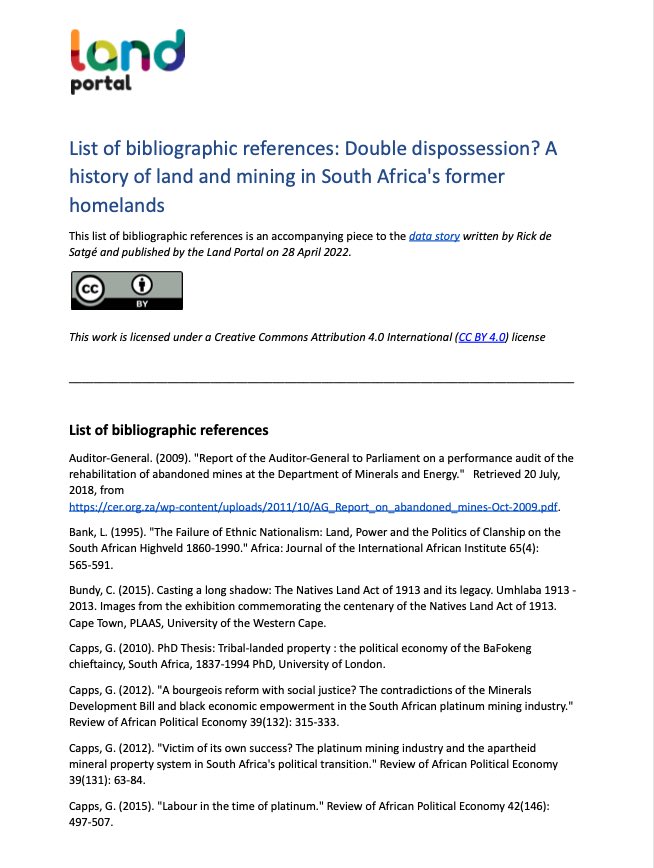Avoiding Forced Evictions: A Community Guide to Negotiation and Advocacy: Participant’s Manual
This guide aims to help communities who face, or have suffered from, evictions by providing guidance on how to prepare for negotiations. Communities can use this guide to negotiate and advocate for solutions or alternatives to eviction that improve the lives of the whole community.
This resource is part of the CCSI’s Directory of Community Guidance on Agreements Relating to Agriculture or Forestry Investment.









